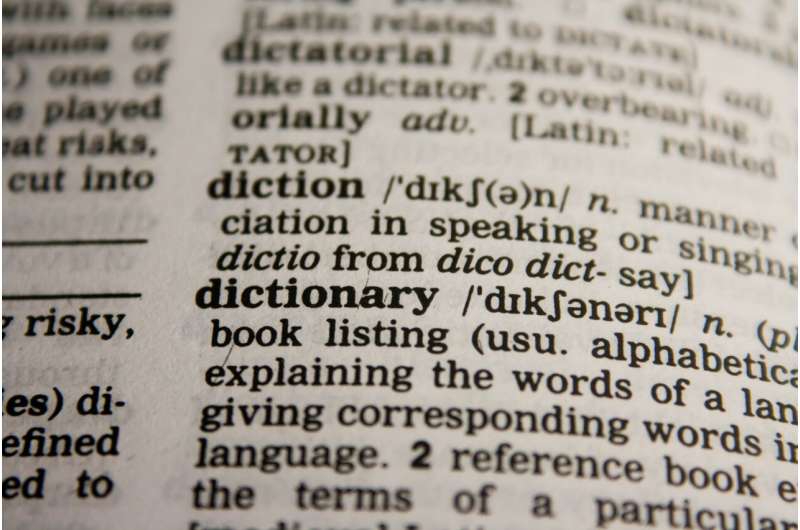Why do some languages have more words than others?

Let's get two things straight. Firstly, counting the number of words in a language is no easy feat. And secondly, linguistics expert Kenny Smith is skeptical of the the claim that English has a far larger vocabulary than other comparable European languages.
"I'm not sure you can draw that conclusion, certainly not by just looking at the size of respective dictionaries," says Smith, a professor at the University of Edinburgh's Center for Language Evolution in the United Kingdom. "A dictionary is an institutional artifact, and words are not collected using the same methodologies in all countries."
He is also quick to contextualize the popular belief that the Inuit have many more words for snow than other cultures. He argues that it all comes down to usage pressure—if one needs to make very specific distinctions, then language will evolve to enable you to do that.
This happens in any language: a professional European skier would also be able to speak about snow to the degree of detail he or she needed.
"One recent study also looked at two English words: snow and ice," continues Smith. "The researchers found that languages that had just one word to cover both concepts tended to be spoken in hot countries. This again points to the fact that the usage needs of users shape the number of words in any particular area."
Linguistics experts tend to get much more excited about language structure. "Grammatical rules and the sound systems used are far more interesting to us," he explains. "Here, you can definitely see differences between languages."
How English simplified itself
Smith notes for example that English is grammatically relatively simple. Many other languages are organized according to more complex rules, whether with gendered nouns or case markings that depend on situational contexts.
Why this is the case is an open question. It could be a historical accident. One rather controversial theory is that English simplified as it evolved, precisely because it is widely spoken (and especially because it is so widely spoken among non-native speakers).
According to this theory, the need to communicate with people who might not have a firm grasp of the complexities of the language provided the pressure to simplify. And over hundreds of years, English became simpler.
"Languages are shaped by how they are learned and how they are used," adds Smith. "Things that are easier to learn will stick around and pass down through generations, while things that are harder to learn, or not useful, will drop out."
The surprising thing is that this happens all the time, in every language. "We fine-tune the things we say every day," says Smith. "If you are doing DIY for example, and don't know the name of the tool you need, you might ask someone to pass you the thing that looks like a corkscrew." If this is done over and over again, this "mistake" becomes part of the language.
Through the ELC project, Smith and his colleagues have looked at how non-native speakers might influence the complexity of a language. Through modeling, they were able to see how words can evolve at the level of personal interactions, though how this translates to change within the larger language community remains unclear.
Ultimately though all languages do the same job—they enable us to express ourselves and to communicate. They just happen to be organized a little differently. "There is no population on Earth that cannot express themselves fully," remarks Smith. "Every language has enough words."
Provided by CORDIS




















